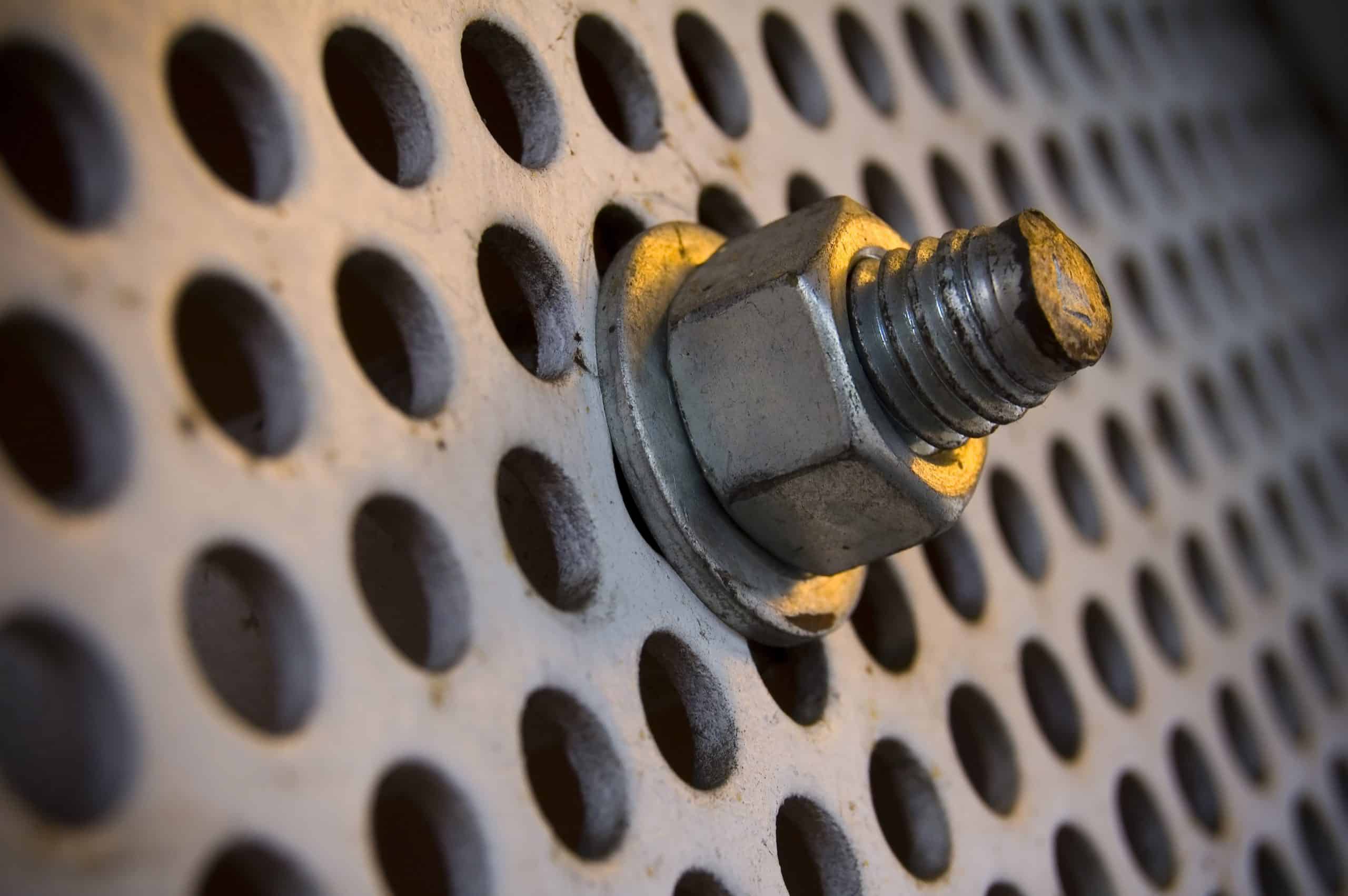Divorce Mediation CT Basics
Divorce mediation CT with Dr. Earwicker can be an alternative to lengthy, public court battles. A divorce mediator can assist with a settlement agreement on issues like property division, alimony, child support, child custody, and more. In Connecticut, couples can then file the marital settlement agreement with the court as an uncontested divorce, simplifying the procedures and costs associated with filing for divorce. This is also called a “dissolution of marriage” under Connecticut law.
You can save time and money by first working with a mediator to resolve your disputes and then file an uncontested divorce in Connecticut. You’ll need a settlement agreement or “dissolution agreement” in order to do this. The Connecticut Judicial Branch also provides important resources for going through the process of divorce, and all the forms you’ll need to file. Regardless of your divorce filing status in CT, mediation can also help with other, ongoing disputes, even after the divorce is final.
For more information on divorce mediation CT, visit DivorceNet’s page on divorce in Connecticut.
Divorce mediation offers a number of advantages, including:
- lower cost,
- freedom to make informed decisions,
- control, and
- communication.
You and your spouse control the outcome of divorce mediation, not the courts.
For divorce mediation to be successful, it’s important that both spouses engage in good faith. Mediation will likely not be successful if one spouse is more interested in harming the other spouse than resolving disputes over property or child custody arrangements. If both spouses engage in good faith, though, mediation can save significant time and money for both spouses.

